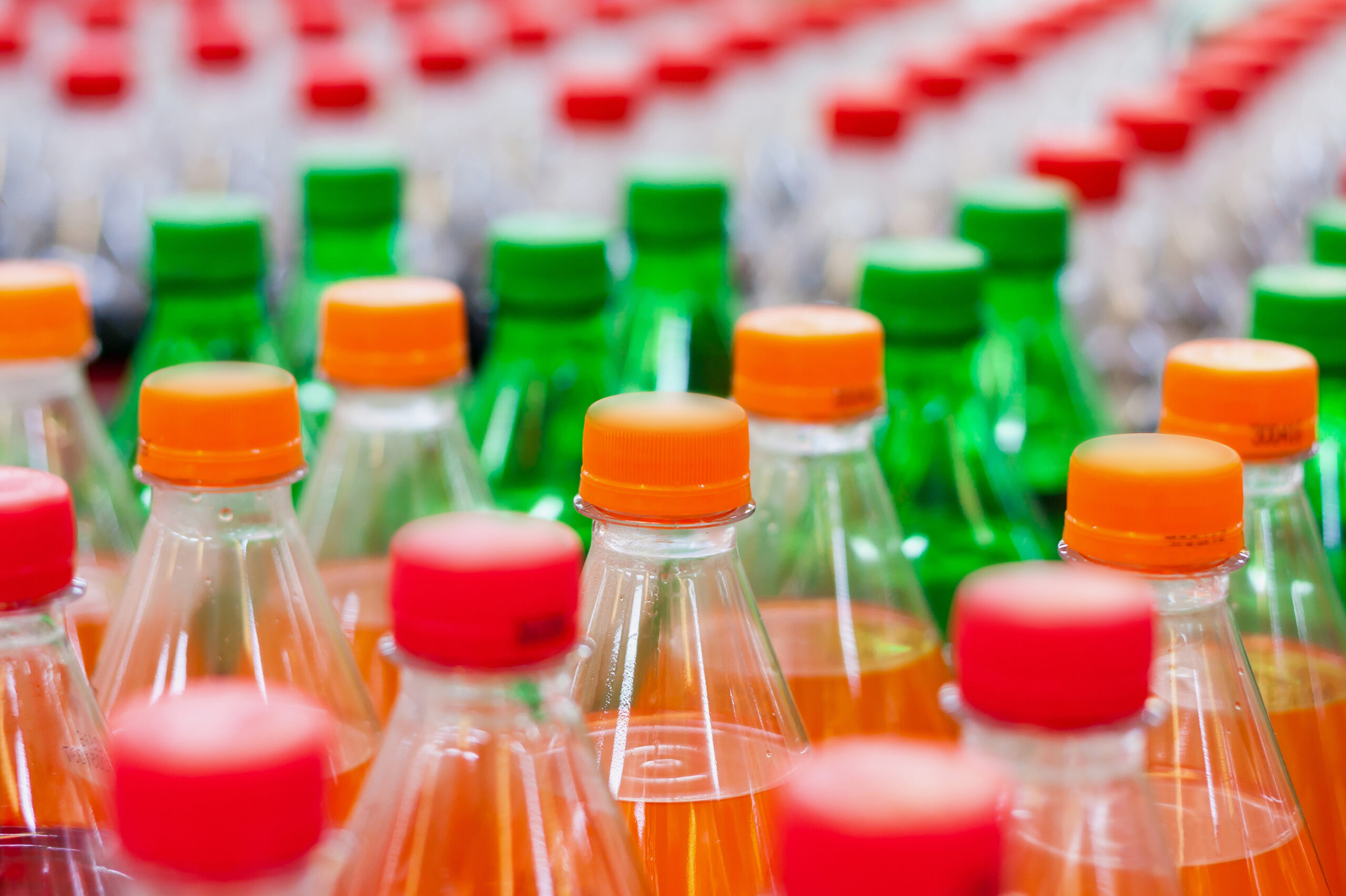By Edu Abade,
Diseases induced by Sugar-Sweetened Beverages (SSBs) will cost the global economy and public health about $4.97 billion by the year 2030 as against $2.37 billion in 2019, if urgent and appropriate steps are not taken to impose meaningful taxes on the products to discourage over consumption, especially among the youthful population.
A public health expert and an executive of the Centre for the Study of the Economies of Africa (CSEA), Mr. Austine Iraoya, stated this in his presentation titled: Economies and Public Health Impacts of SSBs Tax at the Regional Stakeholders Forum on Sugar Sweetened Beverages Tax organised by the Corporate Accountability and Public Participation Africa (CAPPA) in Lagos.
He explained that the total economic cost on global Gross Domestic Product (GDP) will also increase from 0.53 percent in 2019 to over 0.81 percent in 2030, maintaining that SSB induced diseases such as obesity and diabetes will rise if appropriate taxes were not levied on them to discourage and drastically reduce their consumption.
Iraoya further stated that the objectives of the SSBs tax was to correct for market failure by increasing the retail prices of SSBs and reduce their purchase and consumption, correct information failure by raising public awareness and to incentivise behavioural changes through nudges and incentivise non-price industry response through product reformulation.
Other objectives, he said, are to reduce free sugar intake among the population, particularly among low-income consumers, youth and in children, as well as to generate significant revenue, which may be earmarked for financing the health sector, improving public health and people’s well being.
He, however, stressed that there were potential challenges to SSB tax efforts, which include whether the tax is illegal under state laws in some climes like Philadelphia in the United States of America (USA), whether the tax is illegal under federal law, whether it is unconstitutional and whether the wordings of the SSB tax measure is sufficiently clear.
The other challenges are that those against it argue that the tax will not be effective in reducing consumption and the prevalence of obesity and diabetes, that the tax will be aggressive and unfair to the poor and that the tax policy will have negative impact on employment.
On the evidence of its impact on revenue for countries already implementing the tax, he said Australia generated AUD642 million SSB tax revenue yearly, while South Africa raised ZAR6 billion (USD 450 million in tax revenue yearly. Also, Indonesia realized USD920 million in the first year and USD27.3 billion over 25 years, just as the Philippines made PHP41 billion, an equivalent of USD813 million in revenue per year.
In his welcome address, Executive Director of CAPPA, Akinbode Oluwafemi, said the forum is organised with support of the Global Health Advocacy Incubator (GHAI) to deepen conversations on how to tackle the public health impact of over consumption of SSBs, which is now a major source of concern globally.
His words: “There is abundant science confirming significant nexus between consumption of Sugar-Sweetened Beverages(SSBs), obesity and the riskof Non-Communicable Diseases (NCDs). NCDs account for over 29 percent of deaths in Nigeria.
“The most forward-looking policy direction on obesity is the intervention framework contained in the Nigeria’s National Multi-Sectoral Action Plan (NMSAP) for the prevention and control of Non-Communicable Diseases (NCDs) in Nigeria 2019 to 2025.
“The major highlight of the NMSAP is the prevention and control of the five main NCDs and their risk factors.Those risk factors include tobacco use, harmful use of alcohol, physical inactivity, and unhealthy diets such as excessive consumption of red meat, salt, saturated fat, refined sugars in foods and drinks, sub-optimal consumption of fiber and micronutrients.”
He pointed out that the NMSAP recognises the implication of excessive sugar intake in obesity, cardiovascular diseases, diabetes, non-alcoholic fatty liver disease (NAFLD), cognitive decline and some cancers.
Read Also: Sanwo-Olu Signs Bills for Establishment of Two Universities in Lagos
It specifically identifies obesity as a metabolic risk factor to cardiovascular disease (CVD), diabetes, Chronic Obstructive Pulmonary Disease (COPD) and cancers. It sets the target of reducing obesity in Nigeria to 10.73 percent by 2025.
“To achieve the target of “at least 25 percent relative reduction in the prevalence of obesity”, the NMSAP listed the priority areas and interventions to promote healthy lifestyles to include the promotion of healthy diet through the reduction of sugar consumption through effective taxation on sugar- sweetened products.
Maintaining that the forum was organised to engender deeper understanding of public health and public health financing, he noted that in 2021, the Nigerian government through the Finance Act 2021 introduced a N10/litre excise tax on carbonated drinks and sugar sweetened non-alcoholic beverages produced, imported, distributed and sold in Nigeria.
“But sadly, the tax being collected by the Nigerian Custom Services on behalf of the Federal Government did not come into force until June 2022 and although the N10/lirtre excise duty is a welcome development, it is, however, a far cry from the World Health Organisation’s (WHO) recommendation of 20 percent of the retail price of SSB products.
“In 2021, the International Diabetic Federation (IDF) said the total diabetes related health expenditure in Nigeria grossed at N745 billion. This is a staggering cost for a nation where many live below poverty line.
He stressed that an effective SSBs tax regime will, therefore, not only come with health benefits, but also a double win for government as it will lead to increase revenue, insisting that the increase government revenue could be used to fund health-related initiatives or other expenditures.
“We believe that this regional consultation will expand the discourse on tackling the public health impact of over consumption of SSBs, galvanise stakeholders broader acceptance of SSBs tax and explore options for sustainable public health financing through SSBs tax including earmarking.
“CAPPA started the s tax campaign in 2022 under its Public Health Advocacy Programme with the main objective of bringing stakeholders together with the intention of promoting the sustainability and increasing the SSBs tax towards the of 20 percent on final retail price as recommended by WHO. We believe that the conversations today will move us several steps towards that objective and in protecting our country from preventable deaths and ill health,” he added.
Follow The Trumpet on all our social media platforms for more updates:






